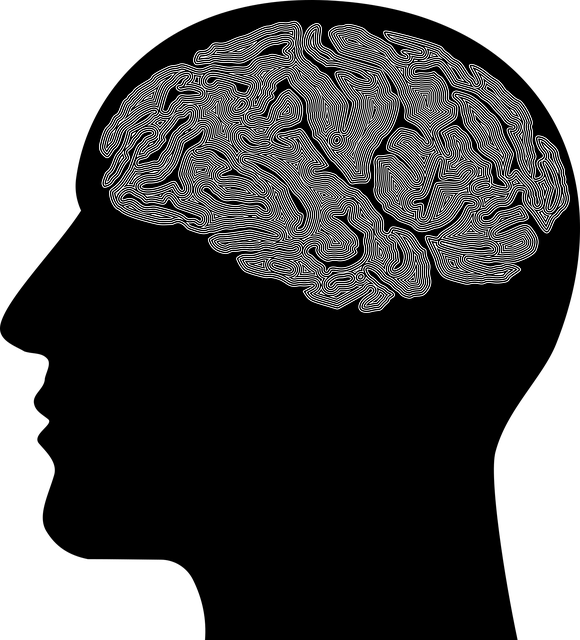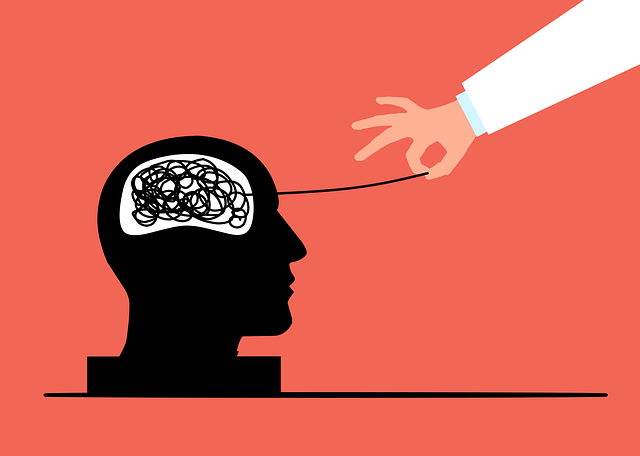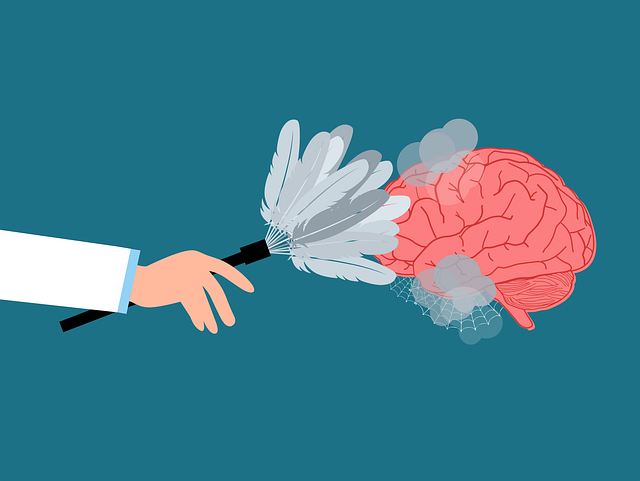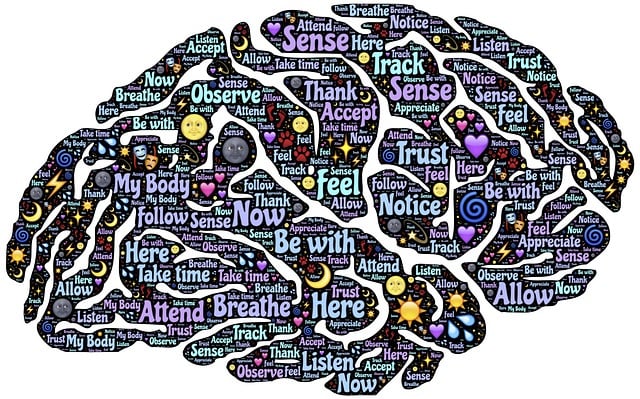Mental health policies are crucial for adolescent well-being, but accessible, tailored care is challenging. Organizations like Aurora Children Therapy advocate for positive change through crisis intervention, empathy training in schools, and self-awareness exercises, reducing stigma and fostering resilience. Advocacy, including lobbying and awareness campaigns, pushes for evidence-based practices like Compassion Cultivation, aiming for a compassionate society with equal access to quality mental healthcare. Aurora's community-based therapy services break down barriers, offering personalized counseling and group activities for diverse needs, improving self-esteem and burnout prevention. Effective advocacy requires strategic data-driven approaches, focusing on youth-specific challenges, leveraging research to influence policy for early intervention and long-term recovery support.
Mental health policy analysis and advocacy are vital components in addressing the growing need for accessible, effective support. This article explores these key areas, focusing on understanding mental health policy and its profound impact on youth well-being. We delve into the power of advocacy in driving change, highlighting strategies through a case study of Aurora Children Therapy—a community-based solution that has revolutionized mental healthcare access. Learn how comprehensive policy analysis and sustained advocacy can lead to long-term positive outcomes for vulnerable populations.
- Understanding Mental Health Policy and Its Impact on Youth
- The Role of Advocacy in Shaping Effective Mental Health Initiatives
- Aurora Children Therapy: A Case Study in Community-Based Solutions
- Strategies for Effective Mental Health Policy Analysis and Long-Term Advocacy
Understanding Mental Health Policy and Its Impact on Youth

Mental health policies play a pivotal role in shaping the well-being of young individuals, and their impact is deeply intertwined with the future of our society. At Aurora Children Therapy, we recognize that effective policy advocacy is essential to ensuring accessible and comprehensive mental healthcare for youth. The current landscape of mental health services often faces challenges, particularly when addressing the unique needs of adolescents.
Policy interventions can drive significant positive changes by implementing crisis intervention guidance tailored for young people, fostering empathy-building strategies within educational institutions, and promoting self-awareness exercises to empower teens with coping mechanisms. By integrating these approaches, we aim to create a supportive environment that encourages open conversations about mental health, reduces stigma, and ultimately improves the overall resilience of our youth.
The Role of Advocacy in Shaping Effective Mental Health Initiatives

Advocacy plays a pivotal role in shaping effective mental health initiatives. By amplifying the voices of individuals and communities affected by mental health issues, advocates drive policy changes that reflect real-world needs. They ensure that services are accessible, affordable, and tailored to diverse populations, including those often overlooked or marginalized. At Aurora Children Therapy, for instance, advocacy efforts have been instrumental in promoting policies that prioritize early intervention and prevention strategies, such as Burnout Prevention programs and the integration of Self-Care Practices within educational systems.
Through persistent lobbying, awareness campaigns, and community engagement, advocates challenge stigma and promote understanding. They also foster the adoption of evidence-based practices like Compassion Cultivation Practices, which not only benefit individuals but also contribute to a more compassionate and resilient society. By advocating for mental health, we create an environment where everyone has the opportunity to thrive, free from the shackles of untreated or mismanaged conditions.
Aurora Children Therapy: A Case Study in Community-Based Solutions

Aurora Children Therapy stands as a shining example of community-based solutions that prioritize mental health and well-being, especially for young individuals. This innovative program focuses on providing accessible and affordable therapy services to children in their local communities, breaking down barriers often associated with traditional mental health care. By doing so, it empowers families to foster healthier mindsets from an early age.
The therapy offers a holistic approach, combining individual counseling sessions with group activities, catering to various needs. This inclusive strategy not only aids in improving self-esteem and building resilience but also promotes burnout prevention through tailored self-care routine development. Aurora’s success highlights the potential for community engagement in mental health advocacy, ensuring that support is readily available and attuned to the unique challenges faced by children and their families.
Strategies for Effective Mental Health Policy Analysis and Long-Term Advocacy

Mental health policy analysis and long-term advocacy require a multi-faceted approach to ensure meaningful and sustainable change. Effective strategies involve gathering comprehensive data on current mental health services, identifying gaps, and assessing their impact on various populations, including children and adolescents. Organizations like Aurora Children Therapy emphasize the importance of tailored interventions for different age groups, addressing unique challenges such as anxiety relief in young minds.
Advocacy efforts should focus on evidence-based policy recommendations, utilizing research findings to illustrate the need for improved access to mental wellness coaching programs. By fostering open dialogue and implementing communication strategies, stakeholders can navigate complex policy landscapes. This collaborative process ensures that policies reflect best practices, promote early intervention, and support long-term recovery for individuals navigating mental health challenges.
Mental health policy analysis and advocacy are vital components in fostering holistic well-being, especially for young people. By understanding the impact of policy decisions on vulnerable populations, we can leverage advocacy to drive effective mental health initiatives. The case study of Aurora Children Therapy exemplifies successful community-based solutions, showcasing how targeted interventions can significantly improve access to care. Through strategic analysis and sustained advocacy, we can ensure that policies reflect the needs of those struggling with mental health challenges, ultimately leading to more inclusive and supportive communities for all.














